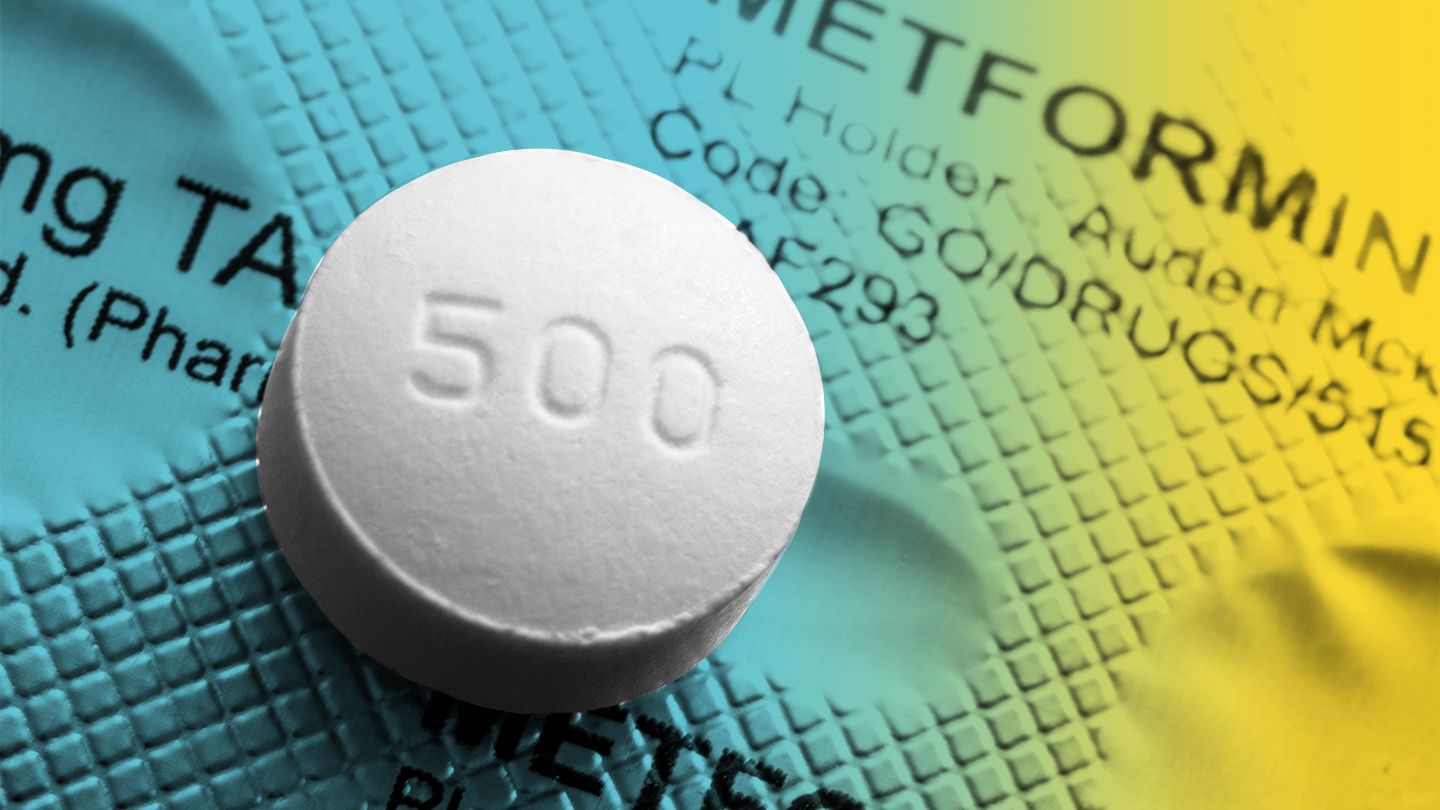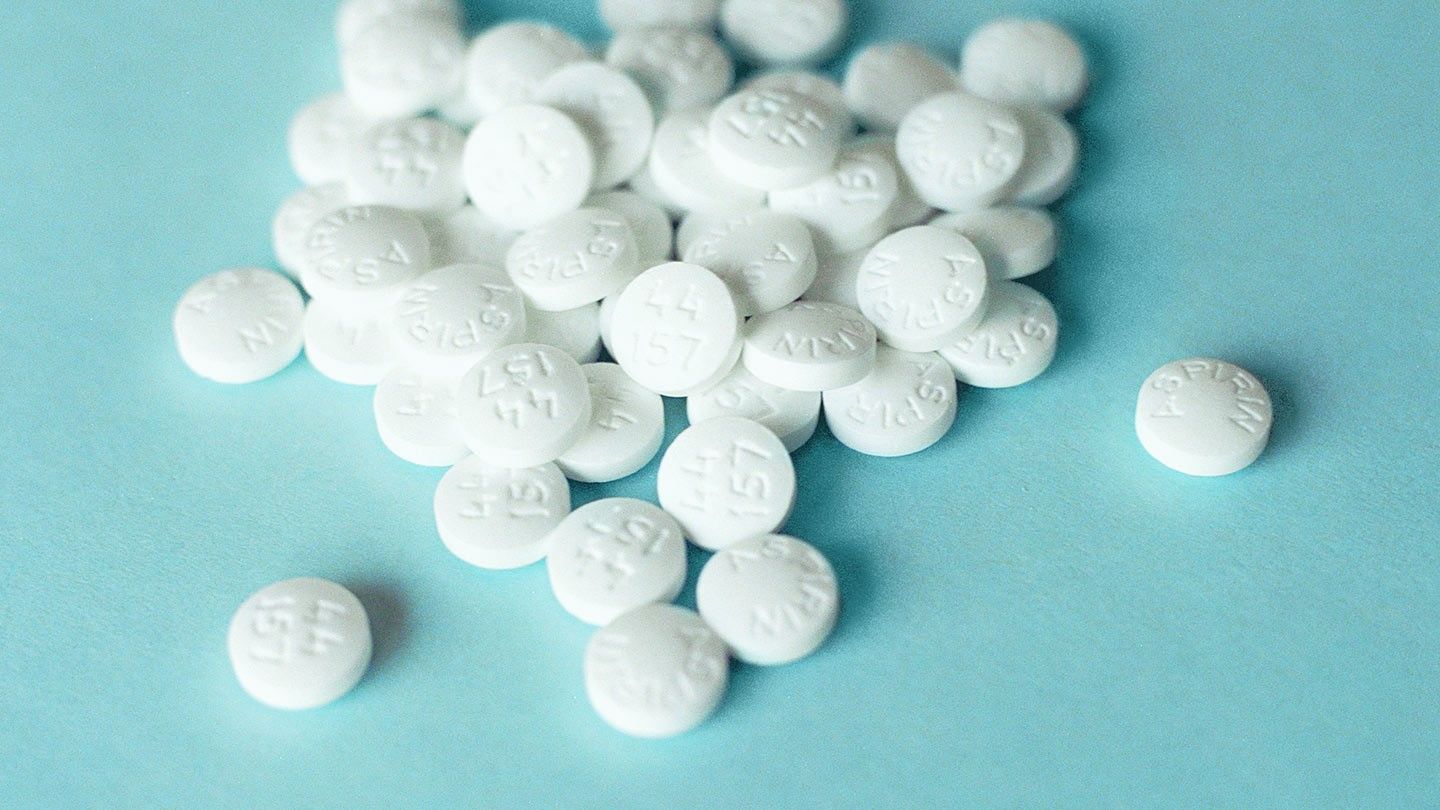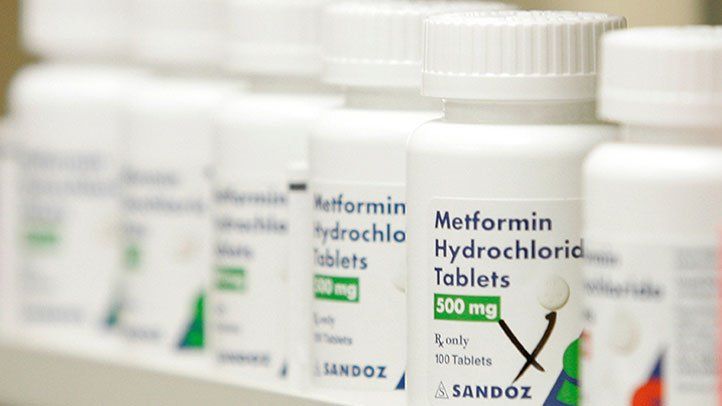
You should not donate blood during the entire period you are taking medication (except for vitamins, oral contraceptives, menopausal hormonal medication, antihypertensive medication) and for some time after you stop taking them.
Contents
- Type 1 diabetes
- Type 2 diabetes.
- Other types of diabetes
- How can donating blood affect my diabetes?
- Metformin - a drug for diabetes, but not only
- What is metformin?
- When is metformin recommended?
- How to check if you are taking metformin?
- Types of metformin preparations:
- How to take metformin?
- Starting can be difficult, but it is worth it.
- Finally, lose weight!
- When is a medication with metformin taken?
- Withdrawal from medications with metformin
- Is it safe to donate blood?
- Pregnant and menstruating women cannot donate blood
- Who else cannot donate blood?
You should always ask the doctor qualifying you to donate how long you have to wait after stopping the medication, as medicines take different amounts of time to affect the blood.
Type 1 diabetes
- You cannot donate blood when you use insulin.
Type 2 diabetes.
- Almost anyone can become a blood donor. However, the guidelines are stringent and must be followed. Did you know that you cannot donate blood shortly after a viral illness or after a tooth treatment? It is not possible if your period ended yesterday or you are pregnant. See what the most common contraindications to donating blood are.
- You should be able to donate blood if you are taking care of your diabetes through diet or pill medications. This includes medicines that are not insulin. And it may consist of injecting medicines that are not insulin. You must take the same treatment for at least four weeks.
- If you have stopped insulin or changed your diabetes medicine or dose, you will have to wait four weeks to donate blood.
Other types of diabetes

- You may be able to donate blood if you are not using insulin to treat your diabetes. The guidelines are the same as for people with type 2 diabetes above
How can donating blood affect my diabetes?
- After donating blood, the blood volume in your body returns to normal within a few days. However, it takes about 10 to 12 weeks to entirely replace your red blood cells. This will affect your HbA1c level. So if you donated blood in the three months before your HbA1c blood test, tell your health care provider.
Metformin - a drug for diabetes, but not only
- Metformin has long ceased to be a drug only for diabetes. It is used by more and more people for various diseases. More and more people are asking about metformin, how to take it, side effects or effects of use. This does not surprise me at all.
What is metformin?

Metformin is a hypoglycemic drug, meaning it lowers blood sugar levels. But not only that, in addition to:
- increases tissue sensitivity to insulin (which is excellent for all insulin-resistant people!),
- inhibits the absorption of glucose,
- Additionally, it can influence the so-called lipid profile, i.e., reduce "bad" cholesterol and triglycerides (great for everyone with a tendency to high cholesterol),
- It also supports weight reduction.
Metformin is a smart drug, which means that if it is used as the only drug to lower sugar, it never causes hypoglycemia, i.e., excessive sugar drop.
When is metformin recommended?

The main indication for the use of metformin in type 2 diabetes. In addition, metformin is very often prescribed to people with:
- Insulin resistance
- PCOS - or polycystic ovary syndrome
How to check if you are taking metformin?
Metformin is the name of the active substance. You will find it in such preparations as Glucophage, Formic, Metformax, and Siofor - these are the most commonly prescribed. If you are taking any of these preparations, the matter concerns you as much as possible.
Types of metformin preparations:
We have two types of metformin preparations:
- Immediate-release tablets
- Extended-release tablets are referred to as XR or SR.
What does it mean that they are extended-release? The active ingredient is released in the body over a long period - 8-12 and sometimes even 24 hours.
Why so long? It makes it easier for us - we don't have to take many tablets, just one, usually taken with dinner.
However, it does not mean that standard-release tablets are worse - the type of preparation depends on the results of tests - especially the results of sugar and insulin curves. The kind of preparation is always chosen by the doctor in charge.
How to take metformin?

A handful of tips:
- With both metformin and other prescription drugs, it's important to remember that the dose is always chosen by your doctor,
- Metformin is quite specific in terms of side effects, so to minimize the possibility of their occurrence, you need to stick to medical advice,
- Most often, you start with the smallest dose once a day, then the doctor recommends increasing the dose every 7-10 days until you reach the recommended dose,
- Metformin is always taken with or immediately after a meal,
- According to the latest recommendations, the maximum daily dose of metformin is 3000 mg, distributed in several amounts.
Starting can be difficult, but it is worth it.
Starting metformin is a challenging experience for most patients. This is due to the side effects at the beginning of the medication. Most people who have already had it will probably agree with me.
But what is the beginning? Unfortunately, with each dose increase, the side effects can come back. So it can take about 6-10 weeks for your body to get used to the drug.
What to expect? Most commonly gastrointestinal symptoms:
- Nausea
- Diarrhoea
- Vomiting
- Abdominal pain
- A metallic taste in the mouth
- In addition: headaches, drowsiness, or weakness.
And now, the most important thing: in most cases, these symptoms go away when your body gets used to the drug. They also do not result from the fact that the drug harms us or is dangerous for us. Instead, they reduce our comfort in life but only temporarily.
It is estimated that they are so unbearable in 5% of patients that it is necessary to discontinue treatment. If you are in this 5% - do not worry. Indeed you and your doctor can find a solution (e.g., more extended use of a lower dose) - the important thing is not to do it on your own and report it to your doctor.
Finally, lose weight!

Metformin is a drug also used when we want to reduce weight (of course, in case of diseases such as OI, diabetes, PCOS). It does indeed reduce appetite and helps to reduce body weight. Yes, you can gain weight on metformin!. That's right - it helps.
If you suffer from diabetes or insulin resistance, your whole life changes. It is not enough just to take metformin. Changing your eating habits and making physical activity a regular part of your day is necessary. Then metformin will definitely help you reduce weight.
When is a medication with metformin taken?

Metformin is found in diabetes medications. It reduces blood glucose levels and does not cause a state of hypoglycemia (or hypoglycemia), even when taken in high doses. It also shows a slight beneficial effect on serum lipid levels.
The indication for medication with metformin is uncomplicated type 2 diabetes, especially in obese individuals. The drug can be used in monotherapy or combination therapy.
With reports of metformin drugs being contaminated with the potentially carcinogenic N-nitrosodimethylamine, the nearly 2 million Poles taking the medication are sure to wonder if continuing to use it is beneficial to their health. On online forums and social media profiles, there are voices of patients who declare that they will stop using the drug until they consult their doctor. Could metformin withdrawal be dangerous?
See also: Metformin, a popular diabetes drug key to longevity?
Withdrawal from medications with metformin

Metformin is known to reduce cancer incidence in patients with type 2 diabetes, in whom cancer is more common than in the general population. Medications with metformin are long-term medications.
Doctors recommend taking medications that stabilize blood glucose levels. Consistently elevated blood glucose levels can cause high blood pressure and heart problems. Untreated diabetes can also lead to severe complications: hyper- or hypoglycemic coma, diabetic retinopathy, diabetic nephropathy, and so-called diabetic foot.
Is it safe to donate blood?

Blood donation is entirely safe. The blood is always collected using disposable equipment. Before each donation, the donor's haemoglobin concentration and hematocrit value are measured. The safety of blood donors and blood recipients is also guaranteed by laboratory tests.
Blood samples are tested for hepatitis, HIV, venereal diseases, and cancer.
Before thrombapheresis or leukapheresis procedures, the haemoglobin concentration and hematocrit value, and the number of platelets and white blood cells are determined. But the safeguards do not end there. Every blood, plasma, or platelet sample is taken to test for HIV, hepatitis B, C, STDs, and cancer. This is extremely important because infected blood cannot be given. It must be disposed of under particular conditions.
Every donor in whom infections are detected is informed about it. The blood donation station does not treat infected people but points out treatment options.
Pregnant and menstruating women cannot donate blood

Not everyone and not always can donate blood. The list of reasons that prevent blood donation (both for a short time and permanently) is very long. Anyone who wants to become a blood donor should familiarize themselves with them so as not to risk disappointment once they have made their decision. Blood is not collected from women during menstruation and up to 3 days afterwards.
Who else cannot donate blood?
Blood cannot be donated:
- For 7 days after a tooth extraction or root canal treatment;
- 6 months after a tattoo, earring, gastroscopy, arthroscopy, colonoscopy, surgery, and after returning from countries with a high incidence of AIDS;





